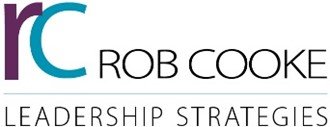Leadership Team Performance
Leadership is a team sport. Groups must come together to achieve something more than individual leaders could achieve on their own. Great leadership teams, however, do not happen by accident. team members must allocate time and energy to increase alignment, improve communication, enhance efficiency and effectiveness, and build inter-personal trust. Effective, high performing leadership teams have clarity of purpose, operational excellence and behaviours and relationships that optimize team performance.Our Approach
Enhancing Leadership Teams’ Effectiveness and Performance
-
Leadership teams have a unique value to the organization and exist to accomplish specific defined outcomes. Teams must confirm their unique purpose including what the team needs to accomplish and what the organization is counting on the team to deliver. Clarifying team purpose also includes confirming the scope of priority business issues that the team should be focusing on over the short term.
-
Once team purpose and focus are confirmed the team needs to turn its’ attention to how it wants to operate. This will include clarifying the four basic agenda items for leadership team meetings as well as defining meeting operating principles including meeting frequency, timing and structure, decision making process, etc.
-
Being an effective team member requires behavioural considerations that are often different than those typically employed being a leader of an organization. Leadership teams need to define how they will work together, how they will interact with one another and what behaviours will contribute to team performance and building trust. Building and ensuring trust on leadership teams is essential to success. It results in openness and honesty and leads to more effective decisions. Trust is also essential for managing positive team conflict.
-
Leadership teams will be clear on their purpose: why they were established and what is expected of them as a team.
Leadership teams will become more effective and efficient by implementing best practices for operational excellence including clearly structured meeting agendas, operating principles and decision-making processes.
Leadership team members will learn to recognize behaviours that can contribute to and detract from team performance, and they will build enhanced relationships with each other.


